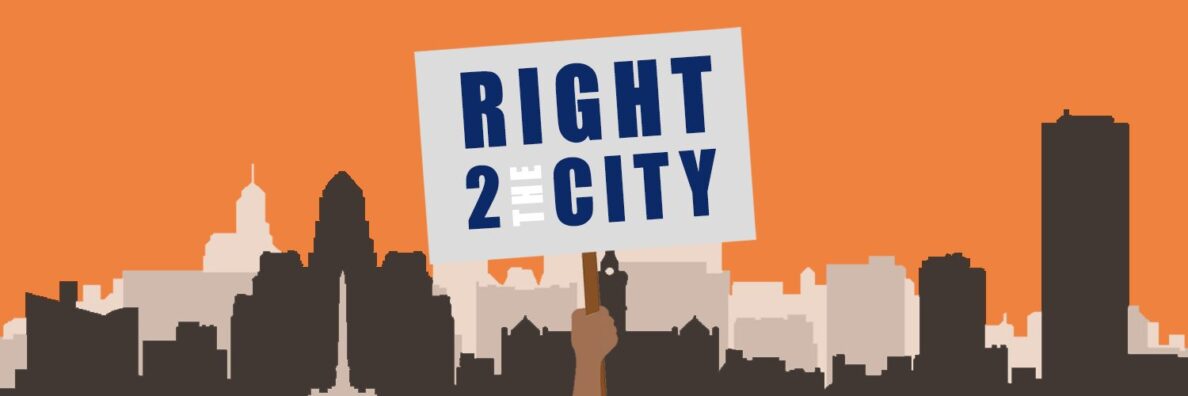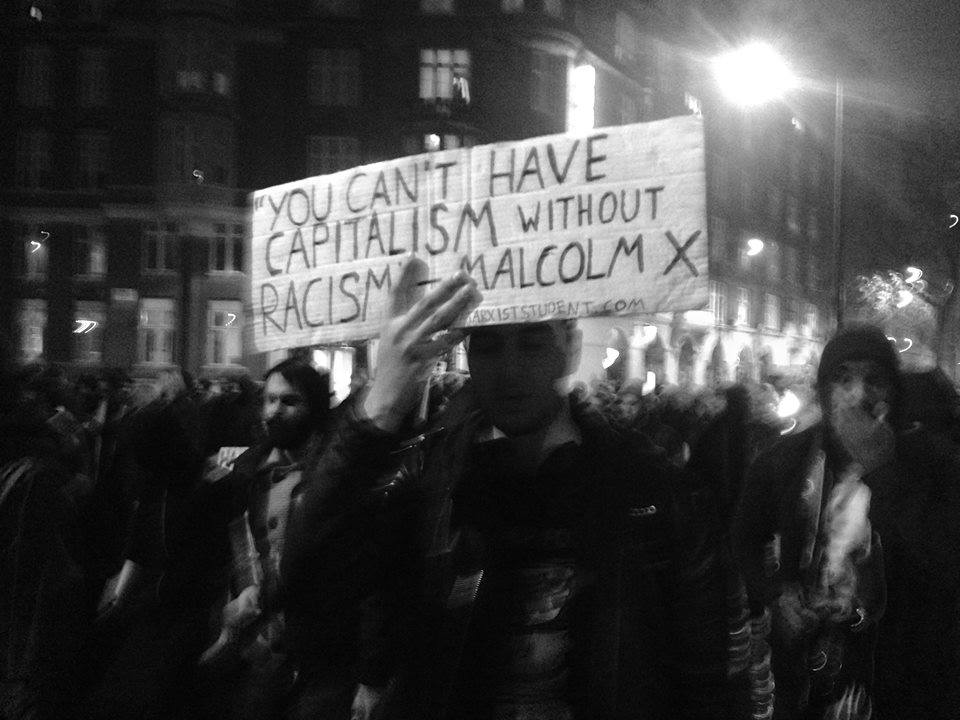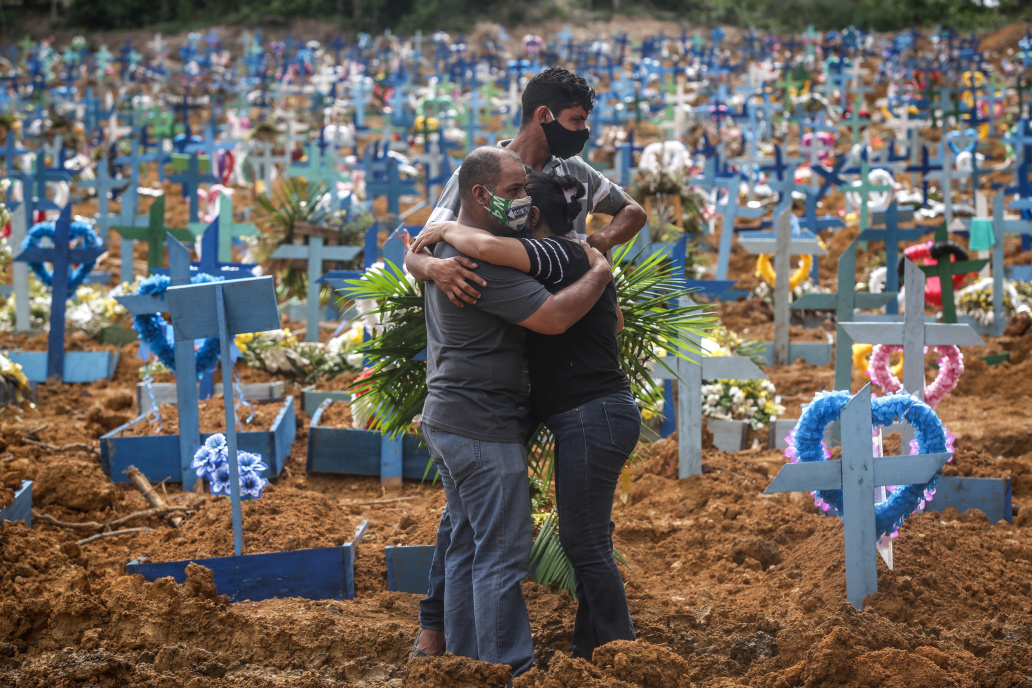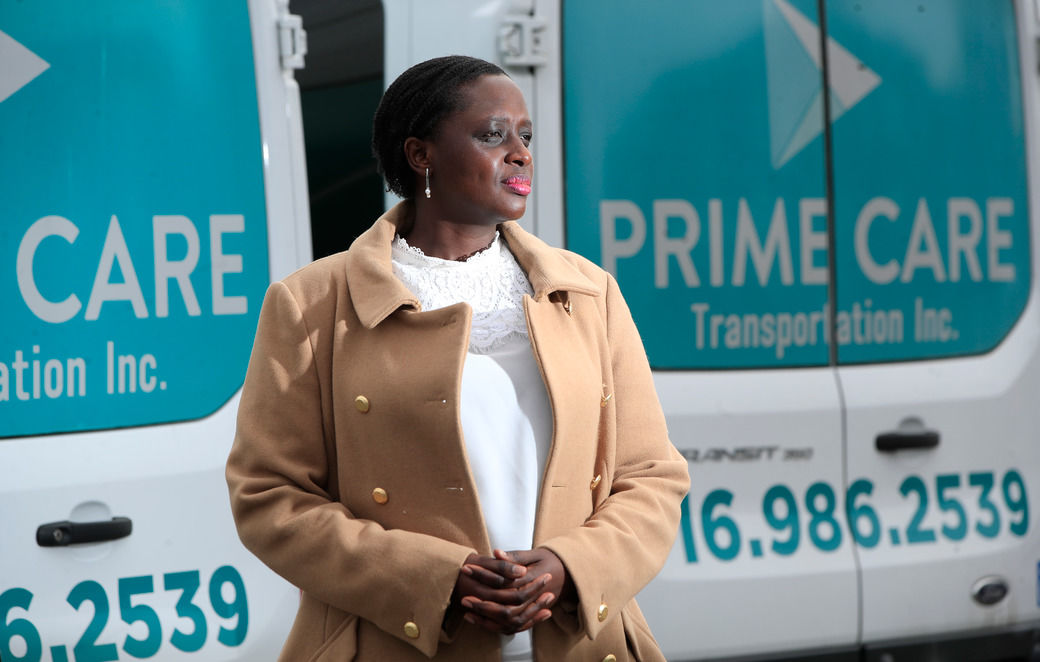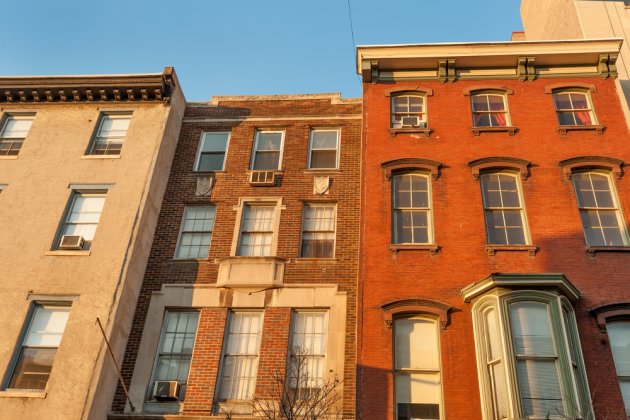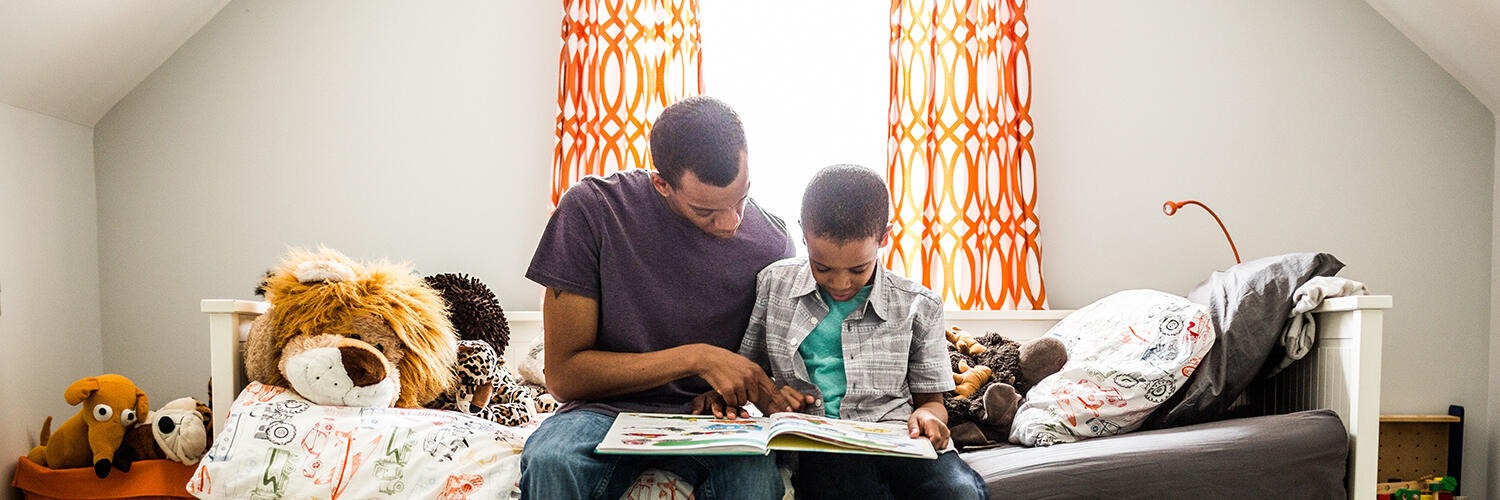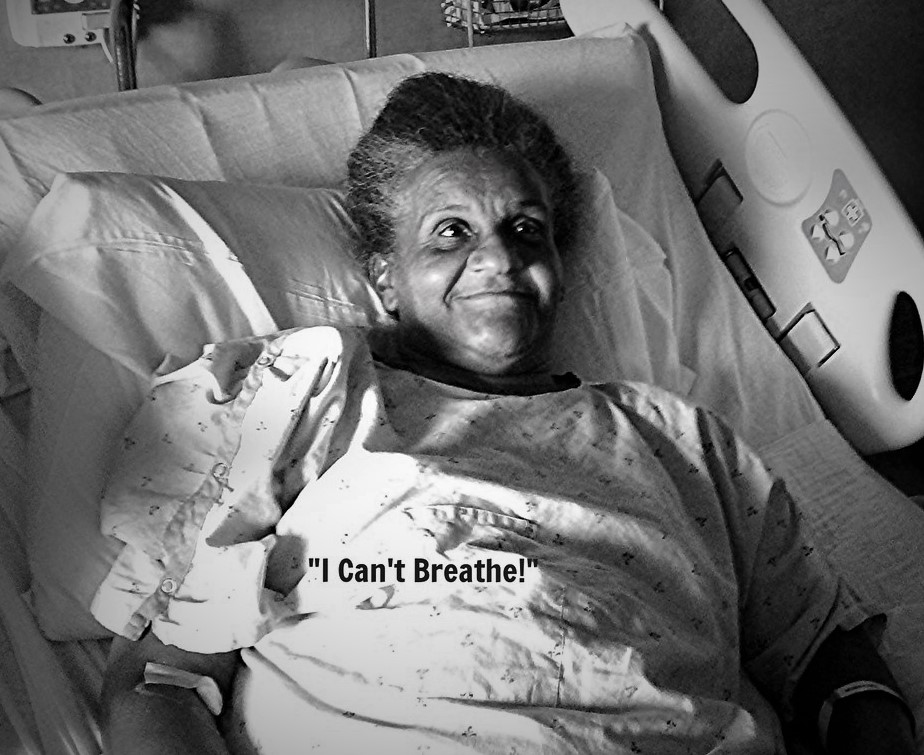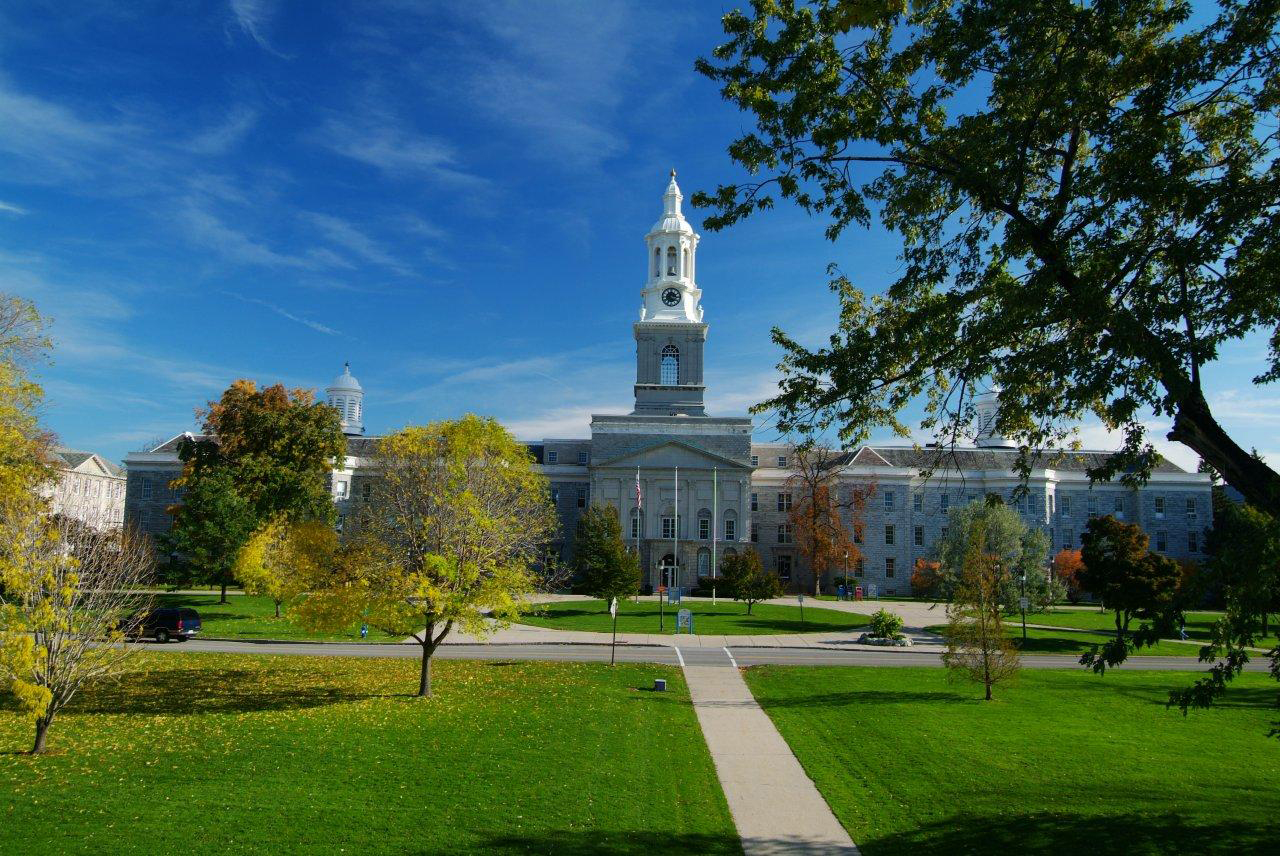Racial Capitalism: A Fundamental Cause of Novel Coronavirus (COVID-19) Pandemic Inequities in the United States
By Whitney N. Laster Pirtle
Read the full article from Health Education & Behavior, here.
“Racial capitalism is a fundamental cause of the racial and socioeconomic inequities within the novel coronavirus pandemic (COVID-19) in the United States. The overrepresentation of Black death reported in Detroit, Michigan is a case study for this argument. Racism and capitalism mutually construct harmful social conditions that fundamentally shape COVID-19 disease inequities. . .Interventions should address social inequality to achieve health equity across pandemics.”
